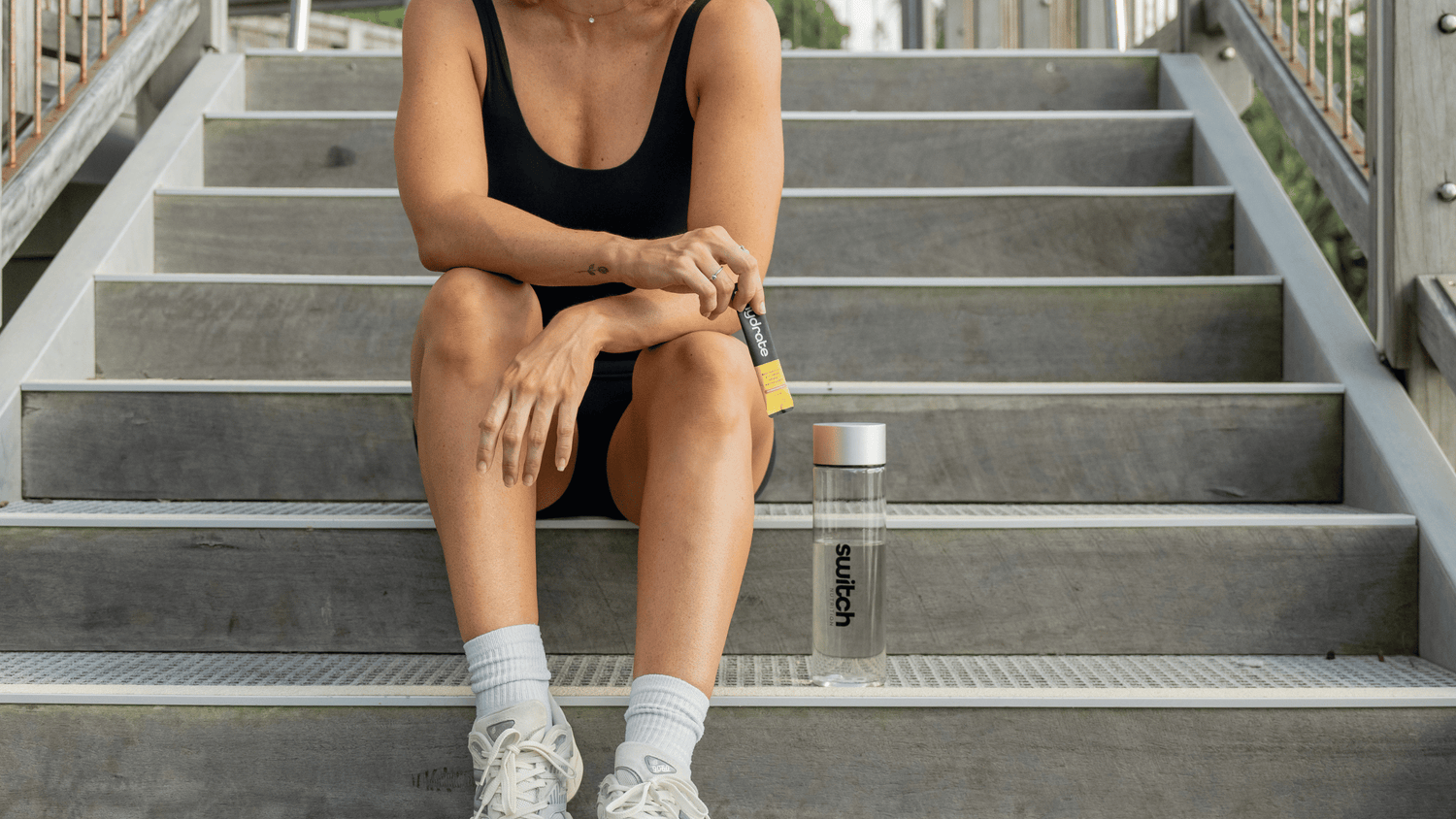Do you struggle to get a good night’s sleep or find yourself constantly waking up feeling groggy after a seemingly uninterrupted sleep? Don’t worry, you’re certainly not alone. In fact, did you know that insufficient sleep costs the Australian economy $17.88 billion per year?
According to Oxford University’s published journal, SLEEP, inadequate sleep is a public health concern affecting more than one in three adults worldwide. Yet, recent surveys suggest that this number has increased, with 33 – 45 percent of Australian adults now experiencing inadequate sleep.
So, why is insufficient sleep so concerning?
Not getting enough sleep isn’t just about having dark circles under your eyes or feeling a little spaced out the next day, it can actually be far more serious than that. In fact, inadequate sleep has been linked to the following health conditions and disorders:
- Lapses in attention and the inability to stay focused
- Reduced motivation
- Compromised problem solving
- Confusion, irritability and memory lapses
- Impaired communication
- Increased systemic inflammation
- Increased risk of cancer and all-cause morbidity
- Increased cravings for food especially sugar
- Increased weight gain
- Increased risk of diabetes
- Slowed or faulty information processing and judgment
- Diminished reaction times
- Indifference and loss of empathy
- Lowered sex drive
- Lack of energy
But, how do I even know if I’m getting insufficient sleep?
It’s simple: if you’re a child or teenager sleeping less than 9-10 hours per night, or an adult sleeping under 8 hours, you’re getting insufficient sleep.
Technically speaking, we should spend 1/3 of our lives in bed…and there’s a good reason for it. When we’re asleep, this is where our body regenerates and heals itself, and where memory formation occurs. Believe it or not, even as little as two hours less sleep per night can reduce testosterone in men by 10 years. Not to mention, it can also increase the chances of you suffering from depression or anxiety disorder by up to 500%.
So, how can I get better quality sleep?
From planning ahead and creating an ideal sleeping space to improving your daily activities and routine to encourage healthy sleeping patterns, there are plenty of ways to improve the quality of your sleep. Here are Switch Nutrition’s top 13 tips for better sleep:


1. Temperature Control
When it comes to ensuring a good night’s sleep, a room that’s too warm will make you sweaty and uncomfortable, and a room that’s too cold will leave you shivering and feeling like you’ve got a head cold come morning. The ideal room temperature for sleeping is between 16 to 20 degrees. A slightly cooler temp will help to decrease your body’s internal thermometer, which will, in turn, encourage a state of sleepiness to ensure you stay comfortable throughout the night.


2. Magnesium, Magnesium, Magnesium
Did you know that 75 to 90 percent of Australian’s are deficient in magnesium? And believe it or not, A lack of magnesium in the body can result in sleeplessness. So, what can you do to ensure you’re getting enough magnesium? Two options: there’s plenty of magnesium-rich foods, such as basil, brazil nuts and spinach, that you can add to your diet. Alternatively, you can try adding a magnesium supplement to your daily regime for a quicker and more convenient option. According to a study conducted by the Journal of Research in Medical Sciences, magnesium supplements are shown to improve insomnia and sleep efficiency. Looking for an effective magnesium supplement? Switch Nutrition Adrenal Switch might be just what you need - as it contains one of the most bioavailable sources of magnesium.
3. Keep It Consistent
Once your body gets into a rhythm of going to bed and waking up at the same hours, you’ll find it becomes much easier to fall asleep and wake up naturally, too. If you’re getting the recommended eight hours of sleep per night (for adults), you should find that you don’t need an alarm clock to get you up in the morning.


4. Get Your Sweat On In The AM
Love the endorphins and adrenaline you feel running through your body after a sweat-worthy workout? It’s all well and good…until it interferes with your sleep at night, right? If you are struggling to get your zzz's in at night after exercise, switch your workout routine to the morning instead. Morning exercise is shown to decrease sleep interference and help treat symptoms of insomnia.


5. Embrace the Sunshine
Starting your day with some exposure to natural light (aka sunshine) is an effective way to help balance your body’s melatonin and cortisol levels and serves as a natural source of vitamin D (which are linked to sleep disorders). So, instead of staying cooped up inside or staying in bed to the last possible minute, try kickstarting your day with an early morning walk, or make the most of your lunch break. The vitamin D sourced from sunshine is shown to help support your immune system, inflammation and hormones, helping to create more balance and harmony.
Fun fact: You’ll find a clinical dose of 1,000iu of vitamin D in a daily serving of Switch Nutrition Alpha Switch!
6. Hit The Hay A Little Earlier
Find yourself staying up that little bit longer to squeeze in a few more episodes on Netflix? Or perhaps work, kids or exercise has got you up way past your bedtime? Whatever the reason, it’s time to start clocking off a little earlier and getting a good night’s sleep. Technically speaking, you should be aiming to be in bed by 9pm if you want or need to be up at 5-6am. I mean, if you want to squeeze in some morning sun and exercise, you’ll need to adjust your schedule to allow for an earlier bedtime!


7. Limit Caffeine After 2PM
We can hear a thousand hearts breaking as they read the words “limit” and “caffeine” in the same sentence. We get it: caffeine makes the world go around. However, while you may feel like you’re building a tolerance to caffeine after a few too many years of relying on it at all hours of the day, truth be told, you’re probably not as much as you think you are. In fact, the sleep-disrupting effects of caffeine can last for 6 – 8 hours. A review of two randomised control trials showed that eliminating caffeine for a whole day was able to improve sleep quality and lengthen sleep duration.
Still need a 2pm pick me up? We totally get it! Instead of turning to a cuppa, try an alternative such as Switch Nutrition Vitality Switch instead. This incredible formula contains a range of uplifting herbs, designed to nourish your energy system without the stimulation of your Central Nervous System (CNS). Did we mention, the gut health benefits can also help to boost serotonin production, which may, in turn, boost your mood and improve your quality of sleep.








